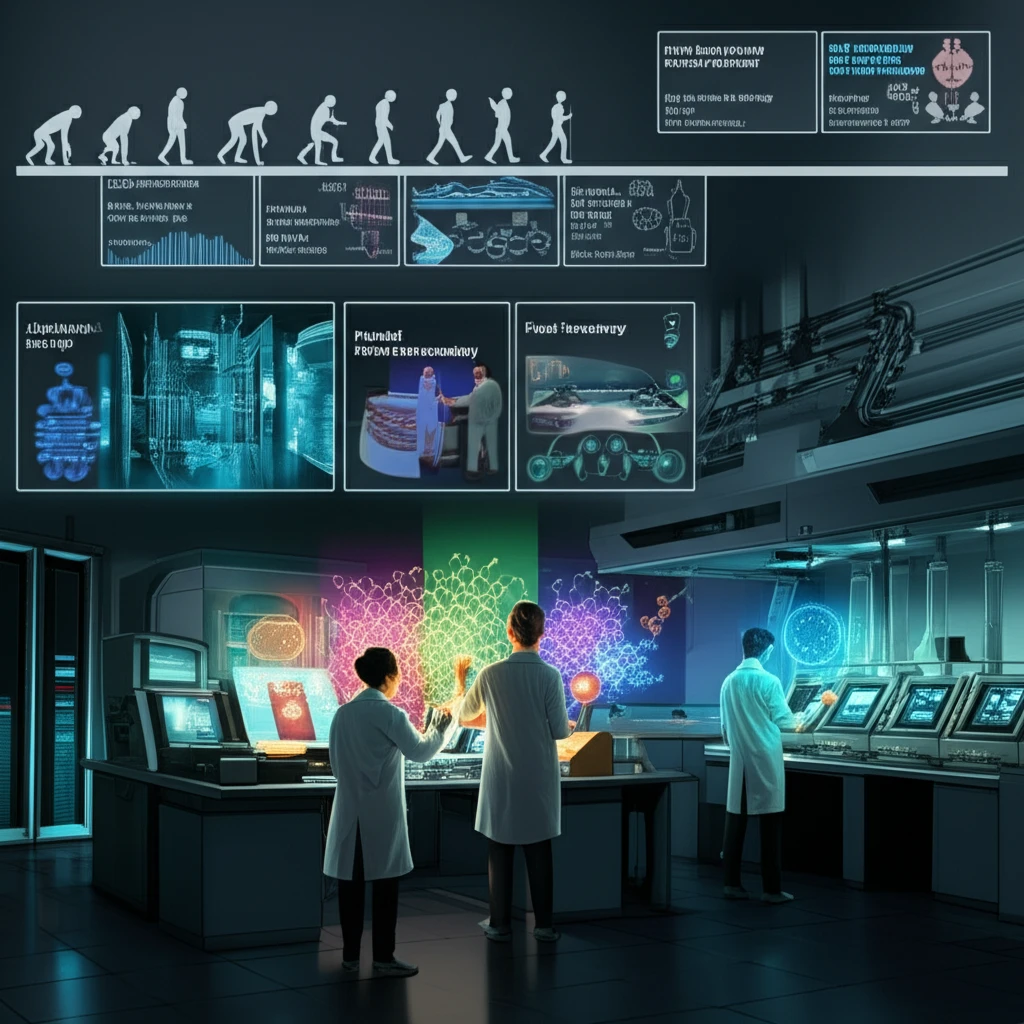
60 Years of Food Innovation: A Journey Through the IFT Annual Meeting
"From Mercury Radiation to Nanotechnology: How the IFT Annual Meeting Has Shaped the Future of Food"
The world of food science is constantly evolving, driven by innovation, research, and a deep commitment to improving our food supply. The Institute of Food Technologists (IFT) Annual Meeting has been a central hub for these advancements for over six decades. Recently, a conversation with Dr. John Litchfield, who has been involved with the IFT Annual Event for 60 years, provided a unique perspective on this journey. This article delves into the significant shifts and enduring principles that have defined the IFT Annual Meeting, offering insights into the past, present, and future of food science.
The IFT Annual Meeting, which began in 1958, has served as a platform for researchers, academics, and industry professionals to share their latest findings and discuss emerging trends. It's a place where groundbreaking ideas are born, collaborations are forged, and the future of food is shaped. From the early days of radiation preservation to the current focus on nanotechnology and sustainable practices, the meeting reflects the evolving priorities and challenges within the food industry.
This article examines key milestones and themes discussed at the IFT Annual Meeting over the years. We will explore how scientific advancements, consumer demands, and societal concerns have influenced the direction of food science. This retrospective offers a glimpse into the critical role the IFT plays in fostering innovation and ensuring a safe, nutritious, and sustainable food supply for all.
The Evolution of the IFT Annual Meeting: A Historical Perspective

In 1958, the IFT Annual Meeting took place in Chicago, marking a pivotal moment for food science. Dr. Litchfield's recollection of this event offers a fascinating glimpse into the past. The focus was on foundational research, such as the use of mercury resonance radiation for the cold sterilization of apple juice. The research was considered pioneering at the time. The atmosphere was collaborative, with attendees from academia, government, and industry coming together to exchange ideas. It was a time when the challenges were different, and the solutions were often simpler, yet the commitment to advancing food safety and quality remained paramount.
- 1950s-1960s: Emphasis on foundational research, including radiation preservation and early food processing techniques.
- 1970s-1980s: Growing focus on food safety, nutrition, and the impact of processing on food quality. Introduction to new technologies and analytical methods.
- 1990s-2000s: Advancements in food science, exploring areas like genetic engineering and the use of biotechnology in food production, along with rising consumer interest in healthy food choices.
- 2010s-Present: Focus on sustainability, nanotechnology, and the use of data analytics to improve food safety and quality. Emphasis on personalized nutrition and the impact of food on health and wellness.
Looking Ahead: The Future of Food Science
The IFT Annual Meeting is more than just a conference; it is a reflection of the food industry's commitment to progress. As we look to the future, the insights gained from the past 60 years provide a roadmap for addressing emerging challenges. The food industry is poised to be transformed by new technologies, changing consumer preferences, and a growing emphasis on sustainability. The IFT Annual Meeting will continue to serve as a catalyst for innovation, providing a platform for scientists, industry leaders, and policymakers to collaborate on creating a healthier, more sustainable food supply for generations to come.
